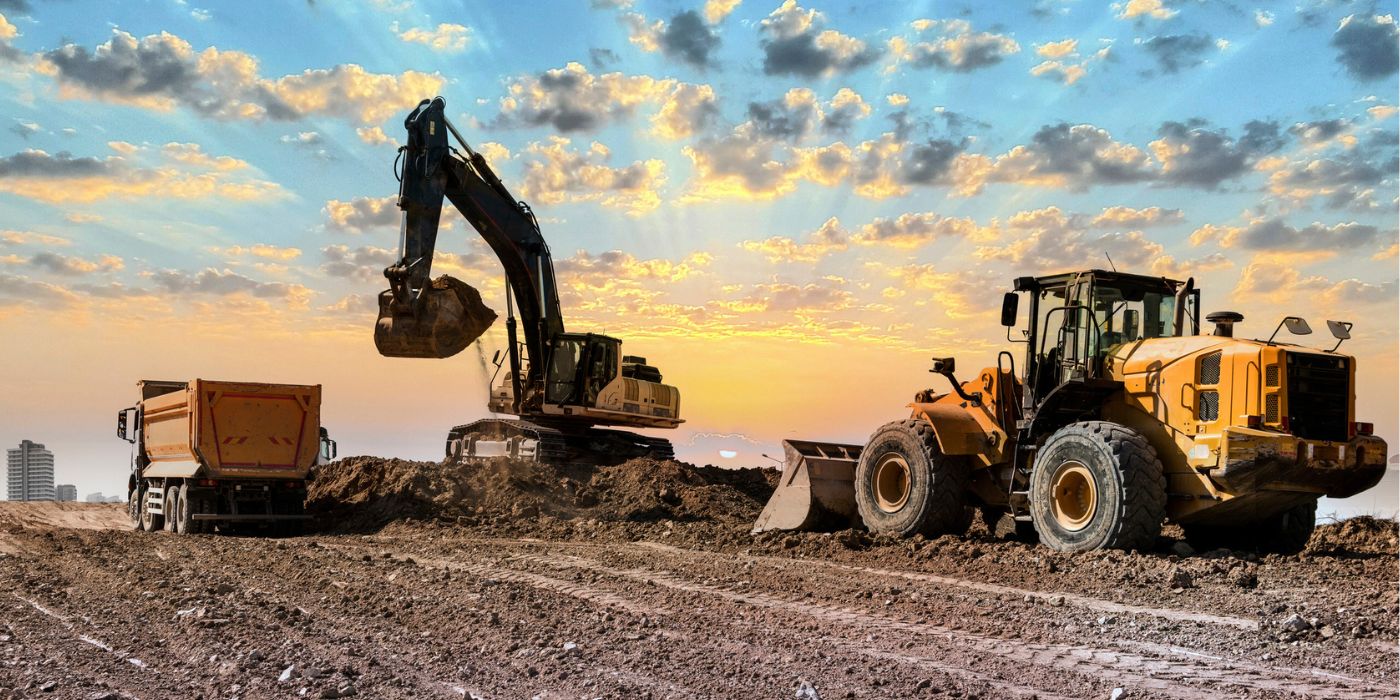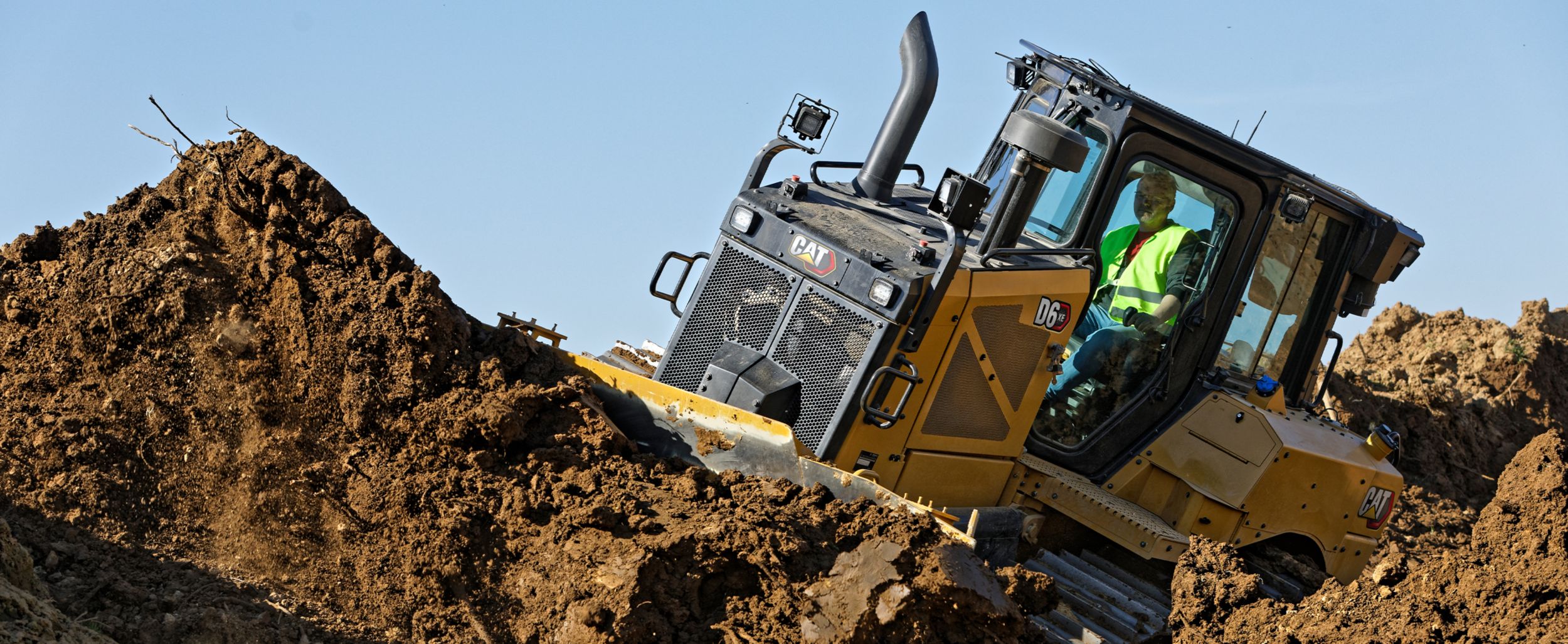Aerial Lift Rental in Tuscaloosa AL: Secure and Efficient High-Reach Equipment
Aerial Lift Rental in Tuscaloosa AL: Secure and Efficient High-Reach Equipment
Blog Article
Exploring the Financial Conveniences of Renting Building Devices Compared to Owning It Long-Term
The choice between renting and having construction tools is crucial for financial administration in the market. Renting out deals immediate cost savings and operational versatility, permitting firms to allocate resources much more effectively. On the other hand, possession features considerable long-term financial commitments, including maintenance and depreciation. As specialists consider these alternatives, the influence on capital, task timelines, and modern technology gain access to ends up being increasingly significant. Understanding these nuances is vital, particularly when thinking about how they straighten with certain job needs and financial techniques. What elements should be prioritized to ensure ideal decision-making in this complex landscape?

Expense Contrast: Leasing Vs. Owning
When evaluating the financial effects of renting out versus having construction tools, a thorough cost comparison is important for making notified choices. The choice in between possessing and renting can significantly influence a company's profits, and comprehending the associated prices is vital.
Leasing building and construction equipment normally entails reduced ahead of time costs, permitting businesses to allot capital to other functional needs. Rental expenses can gather over time, potentially going beyond the expenditure of possession if tools is required for an extended period.
Alternatively, owning construction tools calls for a considerable first financial investment, along with continuous prices such as depreciation, funding, and insurance. While ownership can cause lasting cost savings, it also binds capital and may not supply the same level of flexibility as leasing. Furthermore, having devices necessitates a commitment to its utilization, which may not constantly align with project needs.
Inevitably, the choice to possess or lease must be based on an extensive evaluation of certain task requirements, financial capability, and long-lasting tactical goals.

Maintenance Expenses and Obligations
The option in between renting out and possessing building and construction tools not only includes monetary factors to consider yet likewise includes continuous maintenance expenses and responsibilities. Owning devices needs a substantial dedication to its upkeep, that includes routine inspections, repairs, and possible upgrades. These duties can promptly accumulate, leading to unexpected costs that can stress a budget.
On the other hand, when leasing devices, maintenance is normally the duty of the rental business. This plan enables service providers to prevent the financial worry related to wear and tear, as well as the logistical challenges of organizing repair work. Rental agreements usually consist of arrangements for maintenance, suggesting that professionals can focus on completing projects instead than stressing over devices condition.
Additionally, the diverse variety of tools offered for rent enables firms to select the current designs with advanced innovation, which can enhance efficiency and efficiency - scissor lift rental in Tuscaloosa Al. By going with leasings, companies can stay clear of the long-lasting liability of devices depreciation and the connected upkeep headaches. Inevitably, examining maintenance expenditures and obligations is crucial for making a notified choice concerning whether to rent or have building equipment, dramatically affecting total job expenses and functional efficiency

Devaluation Influence On Possession

A significant aspect to take into consideration in the decision to own building tools is the effect of devaluation on general ownership costs. Depreciation represents the decrease in worth of the devices with time, influenced by aspects such as use, deterioration, and advancements in modern technology. As devices ages, its market value diminishes, which can substantially affect the owner's economic setting when it comes time to market or trade the tools.
For building and construction firms, this devaluation can translate to substantial losses if the tools is not used to its maximum capacity or if it lapses. Proprietors need to represent depreciation in their economic forecasts, which can lead to greater general prices contrasted to renting. In addition, the tax implications of devaluation can be complex; while it might provide some tax advantages, these are often countered by the fact of minimized resale value.
Ultimately, the burden informative post of devaluation stresses the value of understanding the long-lasting monetary commitment associated with possessing building equipment. Firms need to carefully examine how commonly they will utilize the tools and the potential financial influence of devaluation to make an informed choice regarding ownership versus renting out.
Financial Versatility of Renting Out
Renting building devices offers substantial financial adaptability, enabling firms to designate resources a lot more efficiently. This versatility is specifically critical in a market identified by varying task demands and differing workloads. By choosing to rent, organizations can avoid the significant capital investment required for acquiring tools, maintaining capital for other functional demands.
Additionally, leasing tools enables business to customize their my blog devices options to certain job demands without the lasting commitment connected with ownership. This indicates that companies can conveniently scale their equipment supply up or down based upon expected and present project demands. Consequently, this flexibility decreases the danger of over-investment in equipment that might come to be underutilized or out-of-date with time.
An additional monetary advantage of leasing is the potential for tax advantages. Rental repayments are usually considered operating budget, enabling for instant tax deductions, unlike depreciation on owned and operated tools, which is spread over several years. scissor lift rental in Tuscaloosa Al. This prompt cost recognition can additionally improve a business's cash placement
Long-Term Job Factors To Consider
When evaluating the lasting demands of a building and construction business, the choice between leasing and having equipment comes to be much more complex. Trick factors to think about include project period, regularity of use, and the nature of upcoming tasks. For jobs with extensive timelines, buying equipment might appear useful due to the possibility for lower general costs. Nevertheless, if the equipment will not be utilized regularly throughout projects, having might result in underutilization check out here and unneeded expense on storage space, insurance coverage, and upkeep.
Additionally, technical advancements present a significant consideration. The construction market is developing quickly, with brand-new equipment offering boosted performance and security functions. Leasing permits companies to access the most recent modern technology without committing to the high in advance expenses connected with investing in. This versatility is particularly helpful for businesses that manage diverse projects requiring various kinds of tools.
In addition, monetary security plays a critical role. Owning tools commonly involves significant capital expense and devaluation issues, while renting allows for more foreseeable budgeting and money circulation. Eventually, the choice in between owning and leasing needs to be straightened with the calculated goals of the building organization, taking into account both existing and anticipated project needs.
Final Thought
In final thought, leasing building equipment offers substantial financial benefits over lasting possession. Inevitably, the decision to rent instead than own aligns with the dynamic nature of construction projects, allowing for adaptability and access to the most current equipment without the financial concerns associated with ownership.
As devices ages, its market worth decreases, which can considerably affect the proprietor's monetary position when it comes time to trade the devices or market.
Renting out building and construction equipment provides considerable financial flexibility, permitting firms to designate resources much more efficiently.Additionally, renting tools allows firms to customize their tools options to specific project demands without the lasting commitment linked with ownership.In final thought, renting out building and construction tools supplies considerable economic benefits over long-term possession. Eventually, the decision to rent rather than very own aligns with the vibrant nature of construction projects, allowing for adaptability and access to the most current tools without the economic problems associated with possession.
Report this page